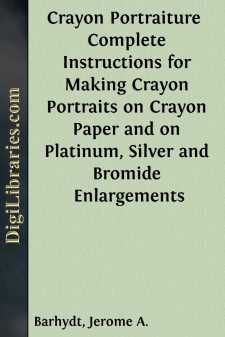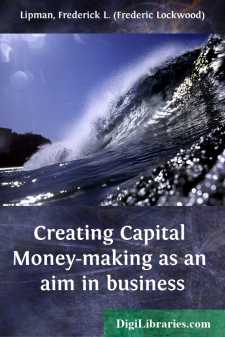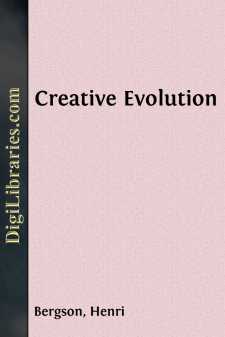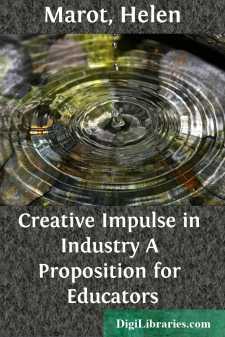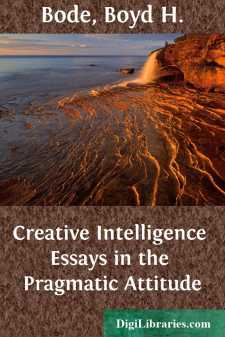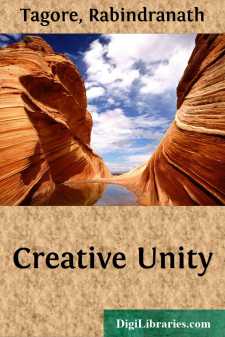Categories
- Antiques & Collectibles 13
- Architecture 36
- Art 48
- Bibles 22
- Biography & Autobiography 813
- Body, Mind & Spirit 142
- Business & Economics 28
- Children's Books 14
- Children's Fiction 11
- Computers 4
- Cooking 94
- Crafts & Hobbies 4
- Drama 346
- Education 46
- Family & Relationships 57
- Fiction 11829
- Games 19
- Gardening 17
- Health & Fitness 34
- History 1377
- House & Home 1
- Humor 147
- Juvenile Fiction 1873
- Juvenile Nonfiction 202
- Language Arts & Disciplines 88
- Law 16
- Literary Collections 686
- Literary Criticism 179
- Mathematics 13
- Medical 41
- Music 40
- Nature 179
- Non-Classifiable 1768
- Performing Arts 7
- Periodicals 1453
- Philosophy 64
- Photography 2
- Poetry 896
- Political Science 203
- Psychology 42
- Reference 154
- Religion 513
- Science 126
- Self-Help 84
- Social Science 81
- Sports & Recreation 34
- Study Aids 3
- Technology & Engineering 59
- Transportation 23
- Travel 463
- True Crime 29
Sort by:
by:
Benjamin Jowett
INTRODUCTION. The Cratylus has always been a source of perplexity to the student of Plato. While in fancy and humour, and perfection of style and metaphysical originality, this dialogue may be ranked with the best of the Platonic writings, there has been an uncertainty about the motive of the piece, which interpreters have hitherto not succeeded in dispelling. We need not suppose that Plato used words...
more...
The Plan of the Book. In the preparation of this book the author has had two great plans in mind: To prepare a work which will enable any person, who can speak to a class or an audience, to give a helpful, inspiring illustrated talk; to place in the hands of parents everywhere a book to enable them to teach the children a simple, fascinating method of drawing and, at the same time make the great truths...
more...
PREFACE. In issuing this second treatise on Crayon Portraiture, Liquid Water Colors and French Crystals, for the use of photographers and amateur artists, I do so with the hope and assurance that all the requirements in the way of instruction for making crayon portraits on photographic enlargements and for finishing photographs in color will be fully met. To these I have added complete instructions for...
more...
CREATING CAPITAL MONEY-MAKING AS AN AIM IN BUSINESS The object of this paper is to discuss money-making; to examine its prevalence as an aim among people generally and the moral standards which obtain among those who consciously seek to make money. The desire to make money is common to most men. Stronger or weaker, in some degree it is present in the mind of nearly every one. Now, how far does this...
more...
CHAPTER I. INTRODUCTORY Among the recollections that are lifelong, I have one as vivid as ever after more than twenty-five years have elapsed; it is of an evening lecture—the first of a series—given at South Kensington to working men. The lecturer was Professor Huxley; his subject, the Common Lobster. All the apparatus used was a good-sized specimen of the creature itself, a penknife, and a...
more...
I THREE PERIODS OF PROGRESS The story of Robinson Crusoe is an allegory of human history. Man is a castaway upon a desert planet, isolated from other inhabited worlds—if there be any such—by millions of miles of untraversable space. He is absolutely dependent upon his own exertions, for this world of his, as Wells says, has no imports except meteorites and no exports of any kind. Man has no wrecked...
more...
by:
Henri Bergson
INTRODUCTION The history of the evolution of life, incomplete as it yet is, already reveals to us how the intellect has been formed, by an uninterrupted progress, along a line which ascends through the vertebrate series up to man. It shows us in the faculty of understanding an appendage of the faculty of acting, a more and more precise, more and more complex and supple adaptation of the consciousness...
more...
by:
Helen Marot
CHAPTER I PRODUCTION AND CREATIVE EFFORT As a human experience, the act of creating, the process of fabricating wealth, has been at different times as worthy of celebration as the possession of it. Before business enterprise and machine production discredited handwork, art for art's sake, work for the love of work, were conceivable human emotions. But to-day, a Cezanne who paints pictures and...
more...
by:
Boyd H. Bode
Intellectual advance occurs in two ways. At times increase of knowledge is organized about old conceptions, while these are expanded, elaborated and refined, but not seriously revised, much less abandoned. At other times, the increase of knowledge demands qualitative rather than quantitative change; alteration, not addition. Men's minds grow cold to their former intellectual concerns; ideas that...
more...
Civility is beauty of behaviour. It requires for its perfection patience, self-control, and an environment of leisure. For genuine courtesy is a creation, like pictures, like music. It is a harmonious blending of voice, gesture and movement, words and action, in which generosity of conduct is expressed. It reveals the man himself and has no ulterior purpose. Our needs are always in a hurry. They rush...
more...




